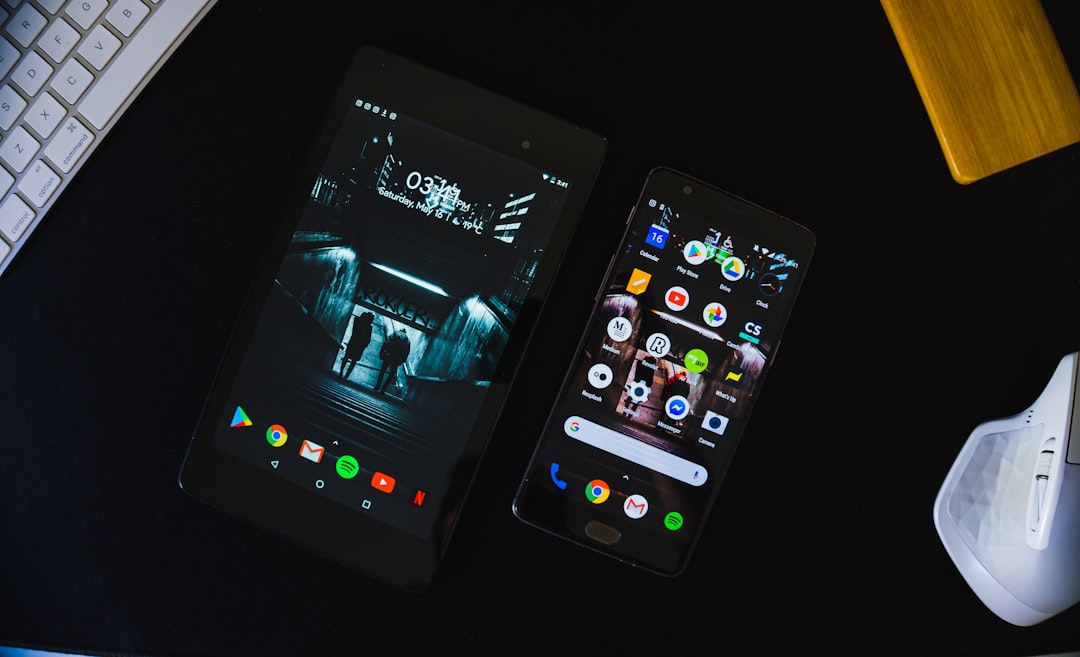Bridgeport residents face a surge in unwanted robocalls from law firms and attorneys. The Bridgeport City Council addresses this issue by advocating stricter Do-Not-Call regulations, collaborating with consumer protection specialists, and supporting affected residents. They propose awareness campaigns, target rogue call centers, and advise citizens to document suspicious calls. Legal recourse is available through the Telephone Consumer Protection Act (TCPA) for unwanted automated calls, with qualified Do Not Call Lawyers and Attorneys in Connecticut offering assistance.
Bridgeport City Council meetings have become a platform to address a growing concern among residents: robocalls. With consumer frustration mounting due to unwanted phone marketing, the council is taking action. This article delves into how the Bridgeport City Council is tackling do-not-call regulations, exploring strategies and legal resources available to protect residents from intrusive calls. For those seeking relief, understanding your rights as a ‘do not call’ consumer and consulting with a Connecticut-based do-not-call lawyer or attorney from a reputable law firm can be pivotal steps in reclaiming peace of mind.
Understanding the Prevalence of Robocalls and Consumer Frustration in Bridgeport

In recent years, Bridgeport residents have been plagued by an increasing number of unwanted robocalls, a nuisance that has sparked widespread consumer frustration. These automated calls, often promoting legal services or advertising various products and services, have become a persistent issue for many. Many recipients report feeling overwhelmed and disturbed by the constant barrage of unsolicited messages, leading to increased stress and a significant decline in quality of life.
Bridgeport, like many other cities across Connecticut, has witnessed a surge in complaints related to these automated calls. Frustrated residents often find themselves on the receiving end of repeated calls from law firms and lawyers advertising their “Do Not Call” services or urging people to contact them for legal advice. This phenomenon has prompted concerned citizens to seek solutions, leading many to wonder if there is an effective way to combat this modern-day annoyance and protect their personal time and peace of mind.
The Role of the Bridgeport City Council in Addressing Do-Not-Call Concerns

The Bridgeport City Council plays a pivotal role in addressing consumer complaints related to robocalls and Do-Not-Call regulations in Connecticut. As local government representatives, they are tasked with ensuring that citizens’ privacy is protected and that businesses adhere to state laws designed to prevent unwanted telemarketing calls. When residents encounter issues with frequent or harassing phone calls from unknown sources, the City Council acts as a critical intermediary between consumers and companies, advocating for legal remedies and educational initiatives.
In response to community concerns, council members may introduce legislation or advocate for stricter enforcement of existing Do-Not-Call laws, collaborating with local law firms specializing in consumer protection, such as those offering services from Connecticut. These efforts aim to hold perpetrators accountable while providing much-needed relief to Bridgeport residents plagued by incessant robocalls.
Strategies and Solutions Presented at Recent Council Meetings

Recent Bridgeport City Council meetings have witnessed a surge in consumer complaints regarding robocalls, prompting discussions on effective strategies to combat this issue. Council members proposed several solutions aimed at empowering citizens and curbing the inundation of unwanted automated calls. One key suggestion was to educate residents about the Do Not Call Registry in Connecticut, ensuring they register their phone numbers to prevent telemarketing calls.
Additionally, the council explored the idea of collaborating with local law enforcement and consumer protection agencies to investigate and penalize rogue call centers violating Do Not Call laws. They also recommended that citizens keep detailed records of suspicious calls, including dates, times, and call sources, which can serve as valuable evidence during legal proceedings against nuisance callers. These initiatives reflect a collective effort to address the growing concern over robocalls and provide residents with tools to reclaim their peace of mind.
Legal Aspects and Resources for Residents Affected by Unwanted Calls

Bridgeport residents facing persistent robocalls have legal avenues to explore. While it may seem like a nuisance, unsolicited telephone marketing calls, including robocalls, are regulated at both state and federal levels in Connecticut. The Telephone Consumer Protection Act (TCPA) prohibits automated or prerecorded calls from contacting consumers without prior express consent.
If you’re being bothered by unwanted calls, consider reaching out to a qualified do not call lawyer or do not call attorney in Connecticut who specializes in such cases. These legal professionals can guide you through the process of filing a complaint with relevant authorities and potentially pursuing litigation against the culprits. Reputable do not call law firms in Connecticut have experience dealing with these issues and can help protect your rights as a consumer.






